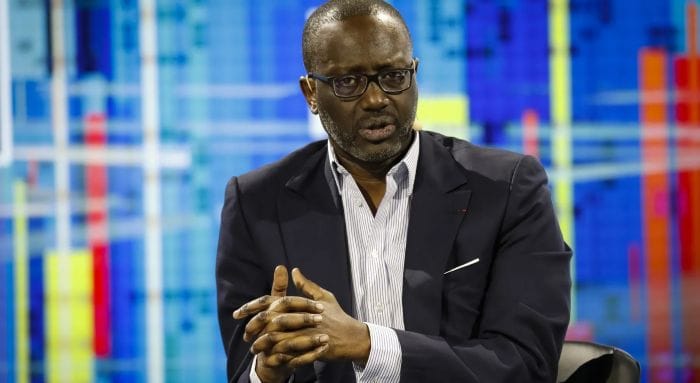As Côte d’Ivoire prepares for its next presidential election, scheduled for October 25, 2025, political tensions are escalating. On Saturday, the Coalition for a Peaceful Alternation (CAP), an alliance of opposition parties, issued a formal call for dialogue with the ruling Rally of the Republicans (RDR), urging constructive engagement to prevent a deepening political crisis.
At the heart of the opposition’s concerns is the potential bid for a fourth term by President Alassane Ouattara. Although he has already served three terms since taking office in May 2011, his supporters argue that the 2016 constitutional revision reset the term count, effectively allowing him to seek another mandate. However, CAP and other critics view any further candidacy as a violation of democratic norms and an affront to the spirit of constitutional term limits.
Opposition figures also decried the removal of several high-profile politicians from the electoral register, including Tidjane Thiam, a prominent opposition leader and former CEO of Credit Suisse. Thiam, who now heads both the PDCI (Democratic Party of Côte d’Ivoire) and the broader CAP coalition, has become a central figure in the opposition’s campaign for electoral fairness.
Speaking from Paris, Thiam delivered a video address broadcast on large public screens, in which he underscored the importance of judicial neutrality in the electoral process. “Justice must not be instrumentalized,” he said, calling for a thorough review and correction of the electoral roll to ensure fair participation for all eligible candidates.
Simone Gbagbo, former First Lady and a key figure within CAP, echoed the demand for inclusivity, urging President Ouattara to introduce an amnesty law that would allow disqualified political figures to contest the election. “Let him take his pen and write a law that erases past charges and opens the door for all political leaders to compete,” she said.
CAP, formed on March 10, 2025, has quickly grown into a formidable opposition front. It includes influential figures such as Pascal Affi N’Guessan, Charles Blé Goudé, and Simone Gbagbo—many of whom were previously aligned with former President Laurent Gbagbo. Together, they seek to mount a unified challenge to the presidential majority and push for reforms to level the political playing field.
A key point of contention remains the credibility of the Independent Electoral Commission (CEI), which CAP accuses of being partial to the ruling party. The opposition insists that without urgent reforms, the CEI cannot be trusted to deliver a transparent and impartial election.
The stakes are high. Côte d’Ivoire’s last major electoral crisis, following the disputed 2010 vote, plunged the country into violence and left deep political scars. Ouattara emerged from that crisis as president in 2011, after a months-long standoff with then-incumbent Laurent Gbagbo, who refused to concede defeat.
Now, with a renewed political showdown on the horizon, opposition leaders warn that without meaningful dialogue and reform, the country risks reliving past instability. As October approaches, all eyes are on whether the government and opposition can find common ground to ensure a peaceful and inclusive electoral process.



